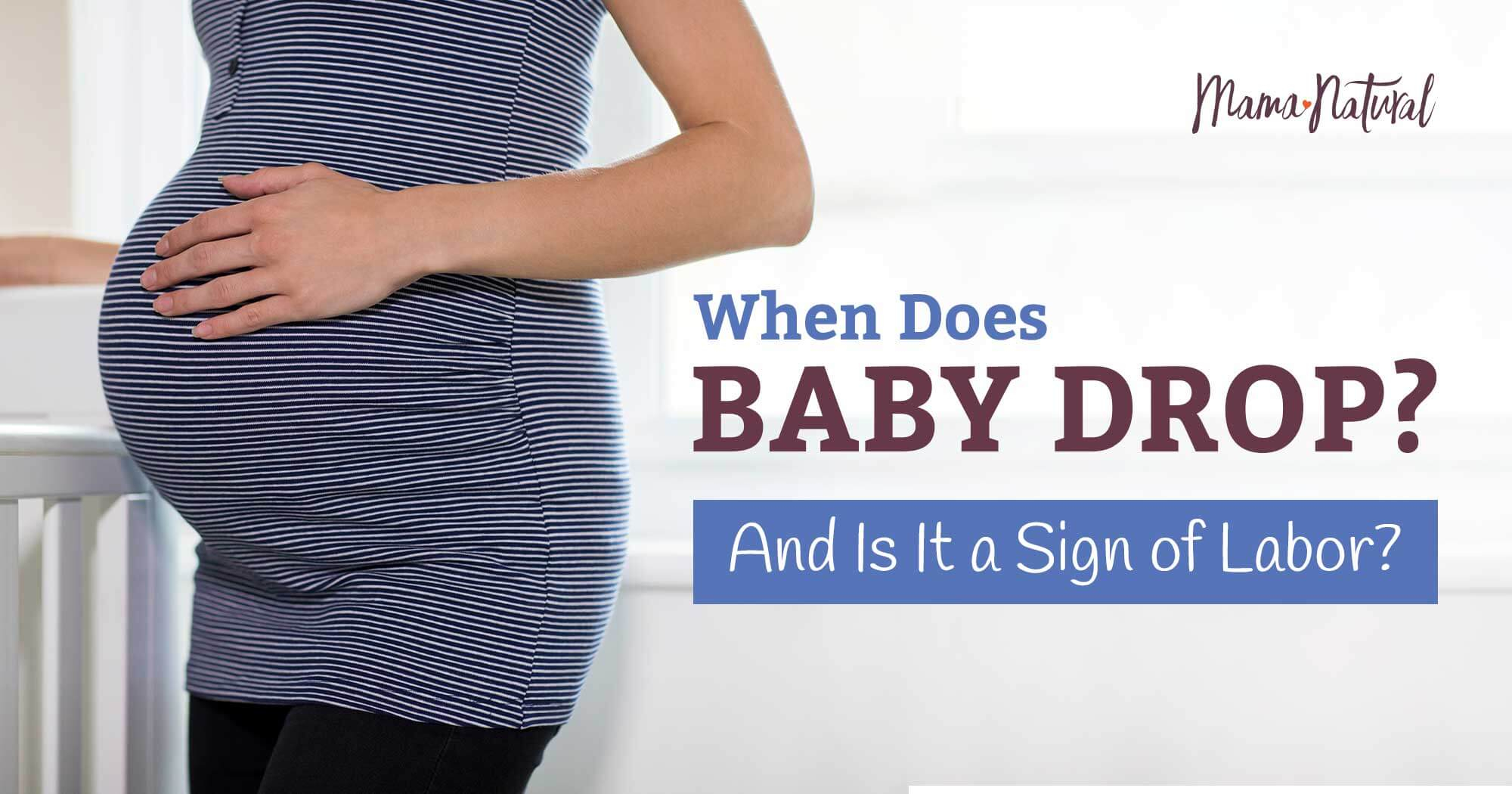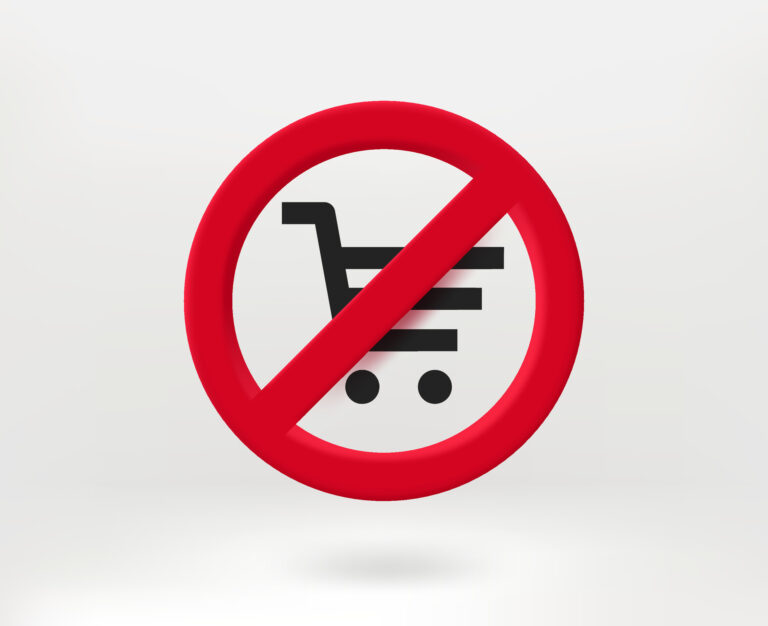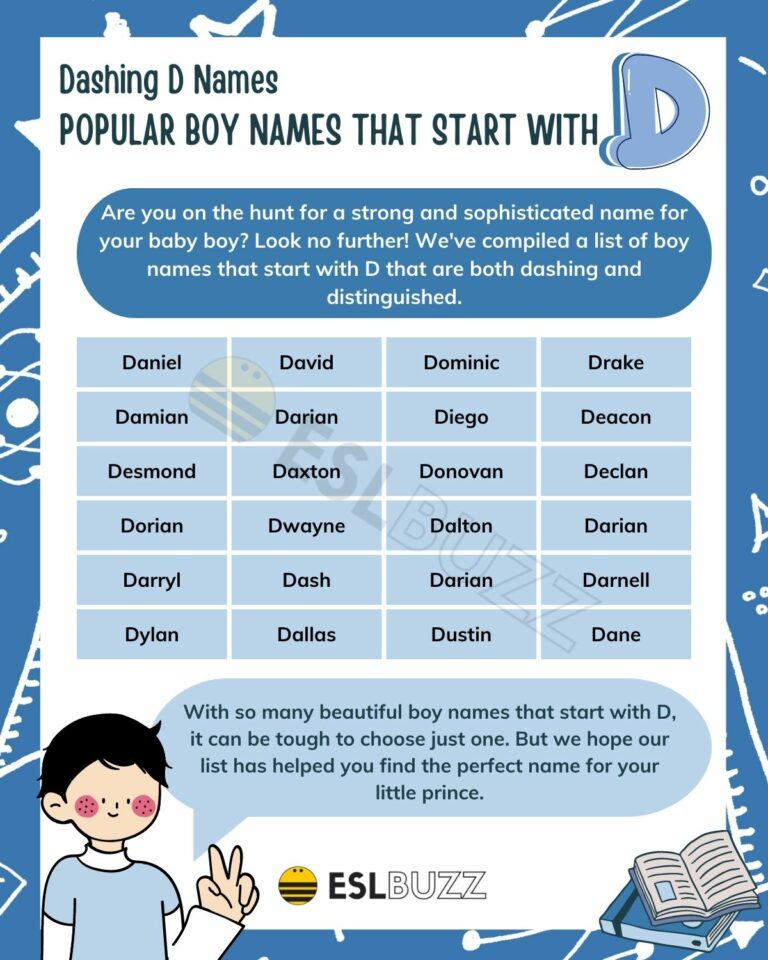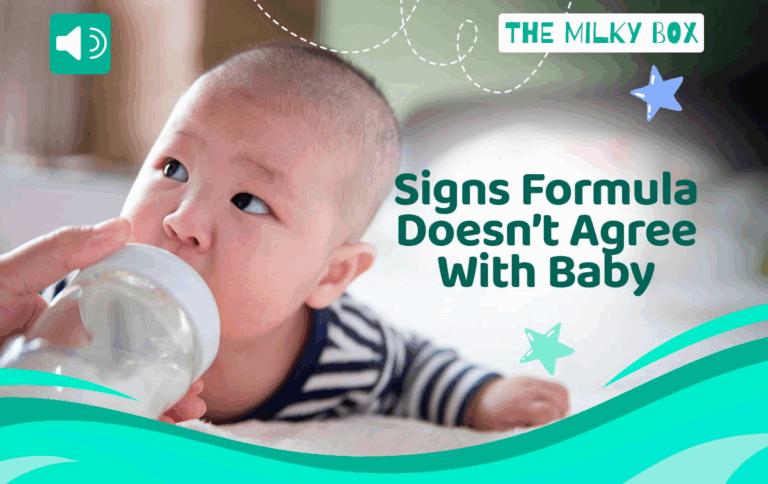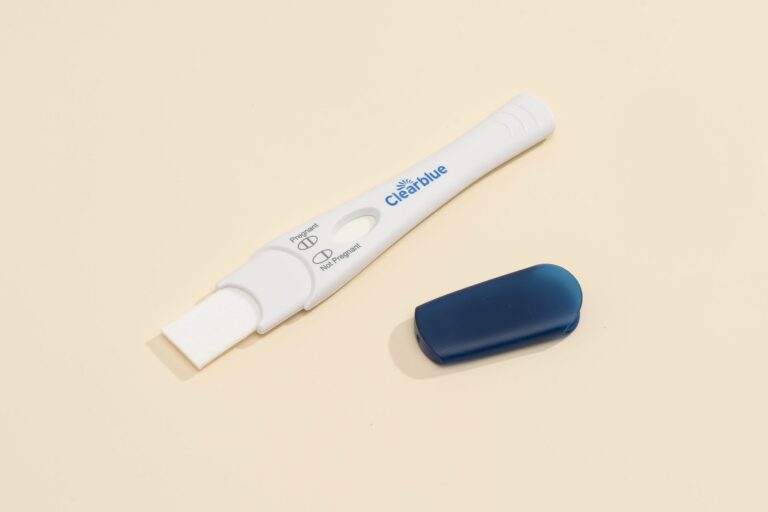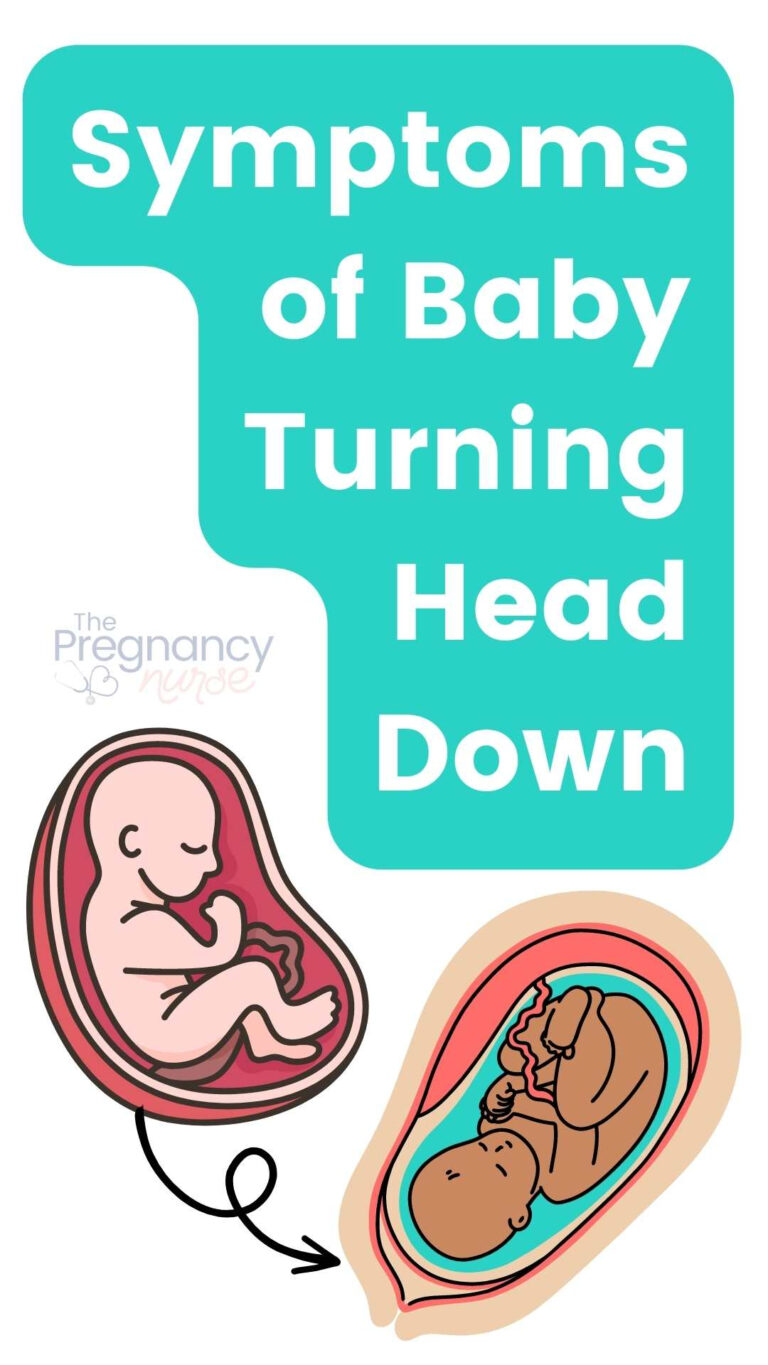What Week Does Baby Drop
Are you eagerly anticipating the arrival of your little one and wondering when will the baby drop? Understanding when a baby drops, also known as lightening, can be an exciting milestone in the journey of pregnancy. In this article, we will explore in detail what week does baby drop and what it means for the expecting mother.
Knowledge
When does the baby drop? Typically, baby dropping occurs around the 36th week of pregnancy for first-time mothers. However, for women who have been pregnant before, the baby may drop closer to the due date. The baby dropping is when the baby’s head moves lower into the pelvis in preparation for birth. This can result in a noticeable change in the shape of the mother’s belly, as the baby’s head puts pressure on the bladder and pelvis. Some women may experience relief from heartburn and shortness of breath as the baby drops.
It is important to note that every pregnancy is different, and some women may not notice when the baby drops. If you are unsure about when your baby has dropped, consult with your healthcare provider who can provide guidance based on your specific situation.
As the baby drops, the mother may experience increased pelvic pressure and the need to urinate more frequently. This is due to the baby’s head pressing on the bladder. Additionally, some women may notice changes in their posture and walking as the baby drops lower into the pelvis.
It is essential to pay attention to any unusual symptoms or changes in your pregnancy and communicate them with your healthcare provider. While baby dropping is a normal part of the pregnancy process, it is essential to ensure that both the mother and baby are healthy and well throughout the pregnancy.
Conclusion
In conclusion, understanding what week does baby drop can provide valuable insight into the progress of the pregnancy and what to expect in the coming weeks. For first-time mothers, baby dropping typically occurs around the 36th week of pregnancy, while for experienced mothers, it may happen closer to the due date. Paying attention to the signs and symptoms of baby dropping can help you prepare for the arrival of your little one.
Overall, the target audience for this article is expecting mothers who are curious about when their baby will drop and what it means for their pregnancy. By providing detailed information about baby dropping, we aim to educate and empower mothers to navigate this exciting phase of pregnancy with confidence.
As you eagerly anticipate the arrival of your baby, knowing what week does baby drop can help you prepare for the next stage of your pregnancy journey. Remember to communicate with your healthcare provider about any questions or concerns you may have regarding your pregnancy. Enjoy this special time and look forward to meeting your little one soon!
